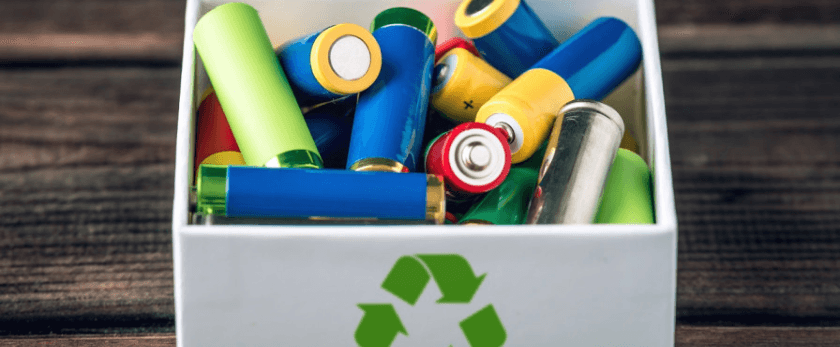In today's world, where environmental consciousness is on the rise, it's crucial to know how to dispose of various products, including nickel metal hydride (NiMH) batteries, in an eco-friendly manner. These batteries are commonly found in household items, electronics, and even hybrid vehicles. This article will guide you through the importance of recycling NiMH batteries, what to do with old ones, and their environmental impact.
Do Nickel Metal Hydride Batteries Need to Be Recycled?
Absolutely, yes! Nickel metal hydride batteries contain materials that are both valuable and potentially harmful to the environment. Recycling NiMH batteries is essential for several reasons:
- Resource Conservation: NiMH batteries contain valuable metals like nickel, cobalt, and rare earth elements. Recycling these batteries helps recover these resources for future use, reducing the need for mining and its associated environmental impacts.
- Preventing Pollution: If NiMH batteries end up in landfills, the metals and chemicals they contain can leach into the soil and groundwater, potentially harming ecosystems and human health.
- Reducing Energy Consumption: Recycling NiMH batteries requires less energy than mining and refining the raw materials needed to make new batteries. This conserves energy and reduces greenhouse gas emissions.

What to Do With Old NiMH Batteries
When it's time to retire your old NiMH batteries, follow these steps to ensure they are disposed of responsibly:
- Collect and Store: Gather all your old NiMH batteries in a safe and dry place, away from direct sunlight or extreme temperatures. Keep them in a container or bag to prevent accidental contact with other metals, which could cause short-circuits. -** Find a Recycling Center:** Check with your local recycling facilities or retailers for collection points that accept NiMH batteries. Many stores and recycling centers now have dedicated bins for battery recycling. You can also search online for recycling options in your area.
- Transport Safely: If you're taking the batteries to a recycling center, ensure they are properly stored during transport. Use a container that prevents the batteries from moving or coming into contact with other objects. This prevents damage and the risk of short-circuits.
- Contact the Manufacturer: Some battery manufacturers and retailers offer take-back programs for their products. Reach out to them to inquire about disposal options or return programs.
- Dispose of Damaged Batteries: If you have damaged NiMH batteries, such as those with visible leaks or physical damage, handle them with care. Place them in a plastic bag or container to prevent leaks and contact your local hazardous waste disposal facility for guidance on how to safely dispose of them.
Are Nickel Metal Hydride Batteries Environmentally Friendly?
While NiMH batteries are more environmentally friendly compared to older nickel-cadmium (NiCd) batteries, they are not without environmental impact. NiMH batteries are rechargeable and have a longer lifespan, which reduces the number of batteries that end up in landfills compared to single-use alkaline batteries.
However, NiMH batteries still contain metals and chemicals that, if not properly recycled, can harm the environment. To minimize their impact, it's crucial to recycle NiMH batteries through appropriate channels.
In conclusion, recycling nickel metal hydride batteries is a simple yet impactful way to contribute to a greener, more eco-friendly future. By following the steps mentioned above, you can play a part in conserving resources, preventing pollution, and reducing energy consumption. Remember, every small action counts towards building a more sustainable planet for ourselves and future generations.










